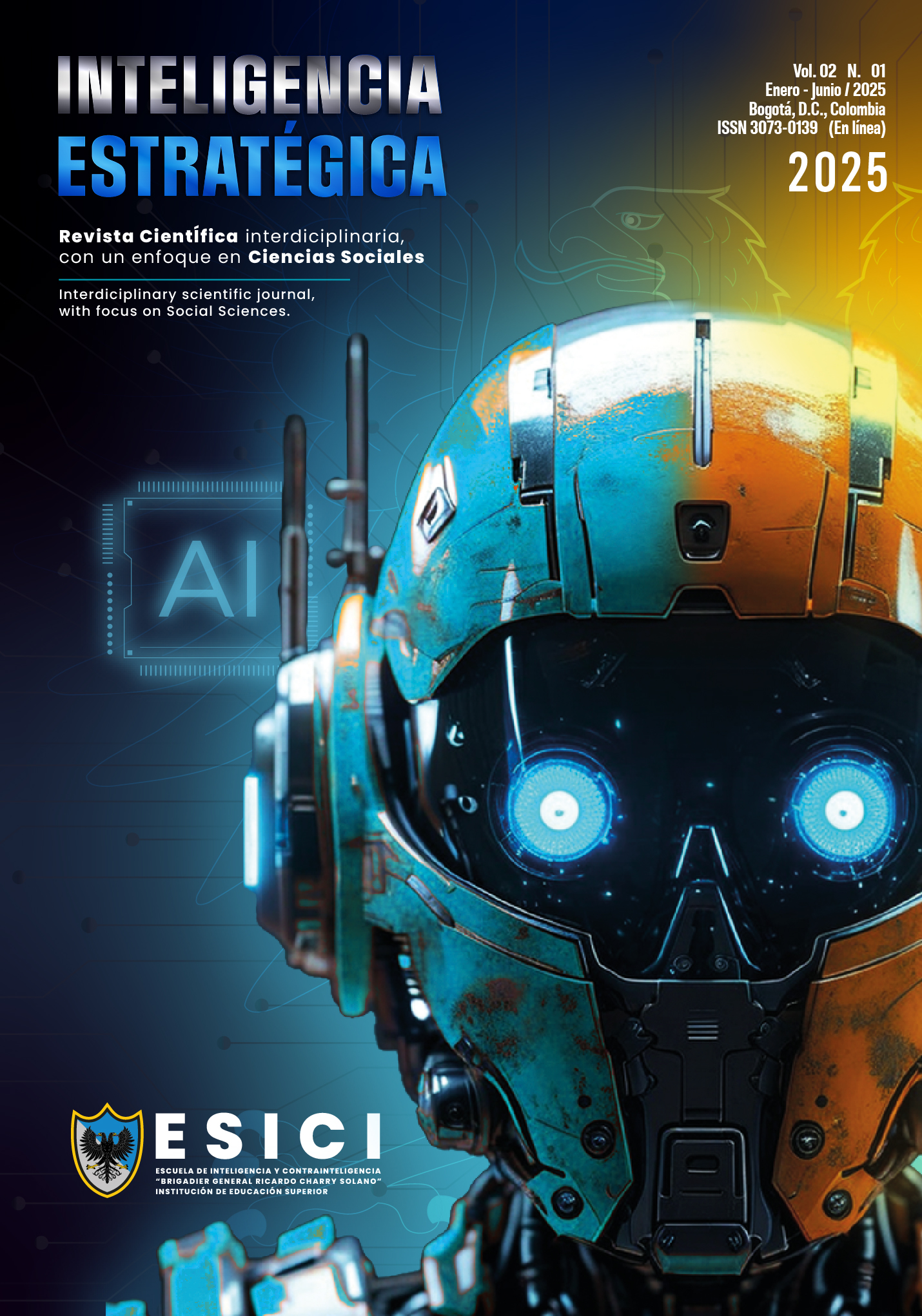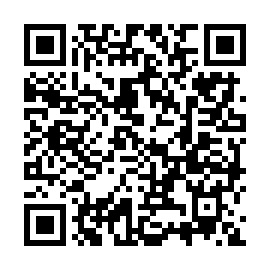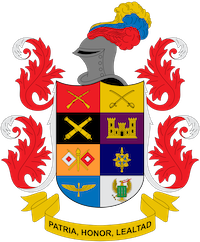Playful methods to mitigate school violence among fifth-grade students in Puerto Guzmán, Colombia
Keywords:
school violence, coexistence, playful strategiesAbstract
The purpose of this research was to mitigate levels of school violence among fifth-grade students at the Quinapejo Rural Educational Institution, located in the municipality of Puerto Guzmán, department of Putumayo, southern Colombia, through the application of playful strategies. The methodology used was qualitative, with a participatory action research (PAR) design. The primary categories included playful strategies, especially cooperative games, and the secondary categories were aggressive behaviors, socioemotional competencies, and perceptions of school safety. The sample consisted of 23 students, ranging in age from 8 to 13, mostly from rural families in a rural area affected by the armed conflict. The results showed that verbal and physical aggression were the most common forms of school violence, influenced by family and social factors. After implementing recreational activities, a notable decrease in aggressive behaviors was observed, as well as an increase in socioemotional skills such as empathy and teamwork, as well as an improvement in the perception of safety within the school environment. In summary, the combined results indicate that the recreational strategies implemented were effective in reducing school violence and promoting better classroom coexistence.
Downloads
References
Aguirre-Valencia, A., Pirateque-Perdomo, P. y Ramírez-Narváez, J. (2023). The use of gamification in academic scenarios of the Colombian National Army. Seminars in Medical Writing and Education, 2. https://doi.org/10.56294/mw2023196
Alvarado, L. y García, M. (2008). Características más relevantes del paradigma socio-crítico: su aplicación en investigaciones de educación ambiental y de enseñanza de las ciencias realizadas en el Doctorado de Educación del Instituto Pedagógico de Caracas. Sapiens. Revista Universitaria de Investigación, 9(2), 187-202. https://www.redalyc.org/articulo.oa?id=41011837011
Arenas-Rodríguez, L., Pinzón-Rivera, L. y Puentes-Vega, E. (2024). Las dinámicas grupales como herramienta didáctica para el fortalecimiento del ambiente de aula. Línea Imaginaria, 1(19), 303-322. https://doi.org/10.56219/lneaimaginaria.v1i19.3227
Augusto-Vaz, C. E. (2020). Prevención primaria y acoso: percepción de los profesores de educación infantil y primaria en Portugal [Tesis doctoral. Universidad de Salamanca]. https://gredos.usal.es/handle/10366/145542
Cáceres-Lesano, J. C. y Llano-Yasig, A. L. (2023). El juego lúdico como estrategia para la inclusión social en los estudiantes de segundo y tercer año de educación básica de la unidad educativa Manuelita Sáenz [Tesis de pregrado, Universidad Técnica de Cotopaxi]. Repositorio institucional. http://repositorio.utc.edu.ec/handle/27000/9874
Cedeño-Sandoya, W. A. (2020). La violencia escolar a través de un recorrido teórico por los diversos programas para su prevención a nivel mundial y latinoamericano. Revista Universidad y Sociedad, 12(5), 470-478. https://rus.ucf.edu.cu/index.php/rus/article/view/1734
Fernández-Pérez, V. y Martín-Rojas, R. (2022). Emotional competencies as drivers of management students’ academic performance: The moderating effects of cooperative learning. The International Journal of Management Education, 20(1), 100600. https://doi.org/10.1016/j.ijme.2022.100600
García-Raga, L., Sala-Bars, I., Alguacil-De Nicolás, M. y Boqué-Torremorell, M.-C. (2022). School administrators’ perceptions of democratic coexistence in Catalan schools: An analytical study. South African Journal of Education, 42(2). https://www.ajol.info/index.php/saje/article/view/238043 https://doi.org/10.15700/saje.v42n2a2055
García-Sevilla, Y. y Castro-Puche, R. (2023). Propuesta pedagógica para reducir índices de violencia escolar y mejorar la convivencia en la IE Junín - Tierralta - Córdoba. Ciencia Latina Revista Científica Multidisciplinar, 7(4), 8886-8918. https://doi.org/10.37811/cl_rcm.v7i4.7595
Gómez-Roldán, A. (2024). El juego, mecanismo de construcción de competencias ciudadanas en el aula universitaria, Areté, 24(1), 63-72. https://doi.org/10.33881/1657-2513.art.24107
Hammersley, M. y Atkinson, P. (2007). Ethnography: Principles in practice (3rd ed.). Routledge.
Hernández-Olaya, N. L., Ramírez-Narváez, J. y Rodríguez-Rodríguez, Ángela. (2022). Lineamientos de educación inclusiva en la Escuela de Inteligencia del Ejército. Perspectivas en Inteligencia, 14(23), 283-300. https://doi.org/10.47961/2145194X.342
Jurado-Vásquez, H. A., Ultreras-Rodríguez, A. y Granda-Herrera, G. W. (2024). Immersive education in the metaverse: bridging the gap between technology and social collaboration. Metaverse Basic and Applied Research, 3. https://doi.org/10.56294/mr2024.93
León-Auris, M. E. (2024). Estrategias didácticas en el aprendizaje significativo en educación básica. Revista Scientific, 9(33), 212-230. https://doi.org/10.29394/Scientific.issn.2542-2987.2024.9.33.10.212-230
Liu, Y., Zhou, B. y Yang, B. (2022). How does emotion shape aggressive behavior of violent offenders? An explanation based on emotion regulation theory. Acta Psychologica Sinica, 54(3), 270-280. https://doi.org/10.3724/SP.J.1041.2022.00270
Lucero-Baldevenites, E. V., Jurado-Vásquez, H. A., Espinel, J. E., Bracho-Fuenmayor, P. L. y Contreras-Piña, G. (2024). Glossary of emerging terms in artificial intelligence and metaverses from a sociotechnical and educational perspective. Metaverse Basic and Applied Research, 3. https://doi.org/10.56294/mr2024.104
Palencia Buelvas, R. Y., Ramírez-Narváez, J. y Severiche Sierra, C. A. (2024). Metaverse and education: affective bonds, cognition, and ethics in immersive environments. Metaverse Basic and Applied Research, 3. https://doi.org/10.56294/mr2024.94
Proff, A., Musalam, R. y Matar, F. (2025). Lessons learned for leaders: implications for parent-school communication in post-pandemic learning environments. Front. Educ. 10. https://doi.org/10.3389/feduc.2025.1496319
Quiñones-Cortes, M. M. y Ortega-Pineda, R. A. (2017). Formación ciudadana desde las ciencias sociales [Tesis de maestría, Universidad Pontificia Bolivariana]. Repositorio institucional DSpace. http://hdl.handle.net/20.500.11912/3384
Ramírez-Narváez, J., Ravelo-Méndez, R. de J., Rodríguez-Rodríguez, A. y Daluz-Veras, D. E. (2024). Pedagogical innovation in the 21st century to improve inclusive educational processes in Latin America. Seminars in Medical Writing and Education, 3. https://doi.org/10.56294/mw2024593
Rodino-Bueno, M. E., Hernández-Olaya, N. L., Linale-Mendía, V. y Ramírez-Narváez, J. (2024). Personas con discapacidad: un desafío para Chile, Costa Rica, Ecuador y Uruguay. Perspectivas en Inteligencia, 16(25), 197-217. https://doi.org/10.47961/2145194X.738
Rodríguez, G., Gil-Flores, J. y García-Jiménez, E. (1996). Metodología de la investigación cualitativa. Ediciones Aljibe.
Rojas-Palacio, C. V., Arango-Zuluaga, E. I. y Botero-Castro, H. A. (2024). Design and implementation of a novel didactic strategy using learning styles for teaching control theory. Journal of Technology and Science Education, 14(4), 1025-1040. https://doi.org/10.3926/jotse.2564
Román-Santana, W. M., Martínez-Alonzo, J. M. y De La Cruz-Mena, D. del C. (2024). El juego como estrategia lúdica: fortalecimiento de la competencia, pensamiento lógico, creativo y crítico en educación infantil. Perspectivas en Inteligencia, 16(25), 177-194. https://doi.org/10.47961/2145194X.718
Samaniego-Cárdenas, F. L. (2017). Enseñanza para la paz: una propuesta de formación ciudadana [Tesis de maestría, Universidad Pontificia Bolivariana]. http://hdl.handle.net/20.500.11912/3383
Sánchez, J. C. (2009). Aprendizaje social e intenciones emprendedoras: un estudio comparativo entre México, España y Portugal. Revista Latinoamericana de Psicología, 41(1), 107-117. http://publicaciones.konradlorenz.edu.co/index.php/rlpsi/article/view/559 http://dx.doi.org/10.14349/rlp.v41i1.559
Taylor, S. J. y Bogdan, R. (1987). Introducción a los métodos cualitativos de investigación: La búsqueda de significados. Paidós.
Vela-López, V. E. (2025). Actividades lúdicas para el desarrollo socioemocional y del aprendizaje en los estudiantes: Revisión sistemática. Horizontes. Revista de Investigación en Ciencias de la Educación, 9(39), 3179-3193. https://doi.org/10.33996/revistahorizontes.v9i39.1111
Vilca-Maquera, U. (2019). La práctica de valores y la convivencia escolar en estudiantes de la IES Mariano Melgar de Ccallata Pacuncani - Ilave 2017 [Tesis de maestría, Universidad César Vallejo]. Repositorio institucional. https://hdl.handle.net/20.500.12692/34197
Downloads
Published
Issue
Section
License
Copyright (c) 2025 Strategic Intelligence

This work is licensed under a Creative Commons Attribution-NonCommercial-NoDerivatives 4.0 International License.
Copyright 2025 Scientific Journal Strategic Intelligence
This work is licensed under a Creative Commons Reconocimiento-NoComercial-SinObraDerivada 4,0 International License.







